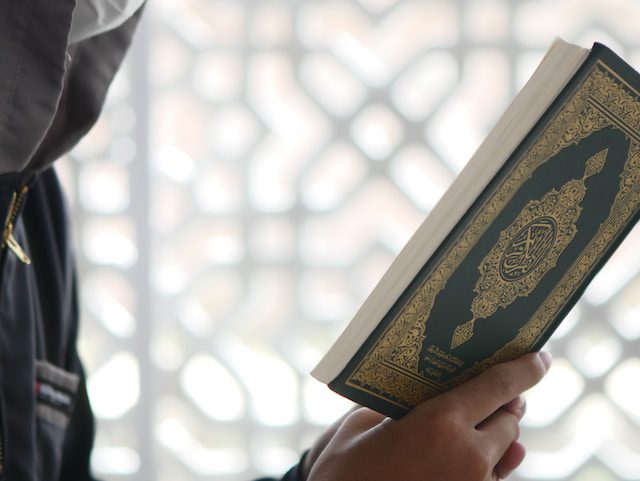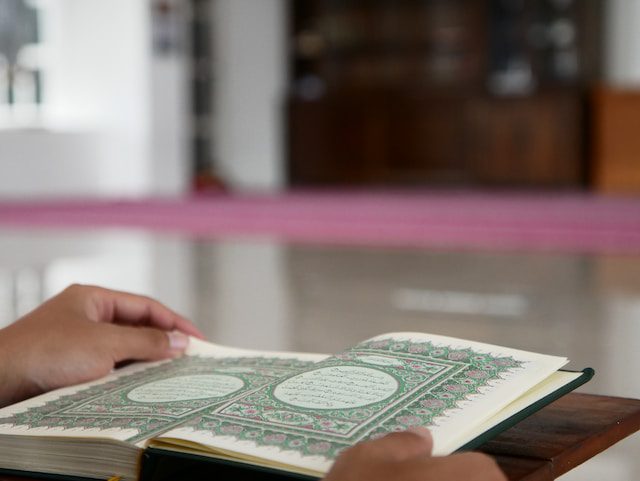The Significance of Duas in Islam: A Guide to Effective Supplication
In the beautiful tapestry of Islamic faith, supplication, or Duas, holds a special place. Duas are not merely words; they are a direct channel to communicate with Allah, the Most Merciful and Compassionate. They are the heartfelt expressions of a believer’s desires, hopes, fears, and gratitude. In this blog post, we will delve into the profound significance of Duas in Islam and offer a guide to making your supplications more effective and meaningful.
The Essence of Duas
Duas, in essence, are an act of worship. They signify the humility of a believer before their Creator, acknowledging their dependence on Allah for guidance, help, and sustenance. The Quran beautifully captures the essence of Duas in the following verse:
“And your Lord says, ‘Call upon Me; I will respond to you.’ Indeed, those who disdain My worship will enter Hell [rendered] contemptible.” (Quran, Surah Ghafir, 40:60)
This verse emphasizes that Allah is always ready to respond to the calls of His sincere worshippers. It underscores the significance of Duas as a means of seeking Allah’s guidance, forgiveness, and blessings.
The Power of Sincere Supplication
Duas are not limited by time, place, or circumstance. They can be made anywhere, at any time, and in any language. What truly matters is the sincerity and devotion with which they are offered. The Prophet Muhammad (peace be upon him) said:
“The supplication of a Muslim for his brother in his absence will certainly be answered. Every time he makes a supplication for good for his brother, the angel appointed for this particular task says: ‘Ameen! May it be for you, too.'” (Sahih Muslim)
This Hadith underscores the profound impact of Duas not only for oneself but also for others. It highlights the interconnectedness of the Muslim community and the significance of praying for each other’s well-being.
Guidelines for Effective Supplication
While Duas can be made in your own words, there are certain guidelines that can help make your supplications more effective:
1. Begin with Praise and Salutations
Start your Duas by praising Allah and sending blessings upon the Prophet Muhammad (peace be upon him). This sets a tone of reverence and humility.
2. Be Specific
Clearly express your desires and needs to Allah. Be specific in your supplications, as this helps you focus your intentions and increases the clarity of your request.
3. Show Humility
In your Duas, acknowledge your unworthiness and your complete reliance on Allah’s mercy and guidance. Approach Allah with humility and sincerity.
4. Repeat and Persist
The Prophet Muhammad (peace be upon him) encouraged believers to be persistent in their Duas. He said, “Ask Allah for everything, even the lace of your shoes. If Allah does not provide, it will not be available.” (Ibn Maajah)
5. Choose the Right Time
While Duas can be made at any time, there are moments of heightened acceptance, such as during the last third of the night, while fasting, or on Fridays. Seize these moments for your supplications.
6. Trust Allah’s Wisdom
Remember that Allah knows what is best for you. If a Dua is not answered immediately, have faith that Allah has a plan, and His wisdom surpasses our understanding.
Conclusion: A Personal Connection with the Divine
Duas are a profound and intimate means of connecting with Allah. They offer solace in times of distress, gratitude in moments of joy, and guidance in moments of confusion. Through sincere supplication, believers find strength, hope, and a profound sense of closeness to the Divine.
As you embark on your journey of effective supplication, remember that Duas are a reflection of your faith and trust in Allah’s infinite wisdom and compassion. Keep your heart open, your intentions pure, and your Duas sincere. In doing so, you will discover the boundless blessings and significance of Duas in Islam.
May your Duas be answered, and may your connection with Allah continue to deepen, bringing you peace, guidance, and spiritual fulfillment.
“And when My servants ask you concerning Me, indeed I am near. I respond to the invocation of the supplicant when he calls upon Me.” (Quran, Surah Al-Baqarah, 2:186)




